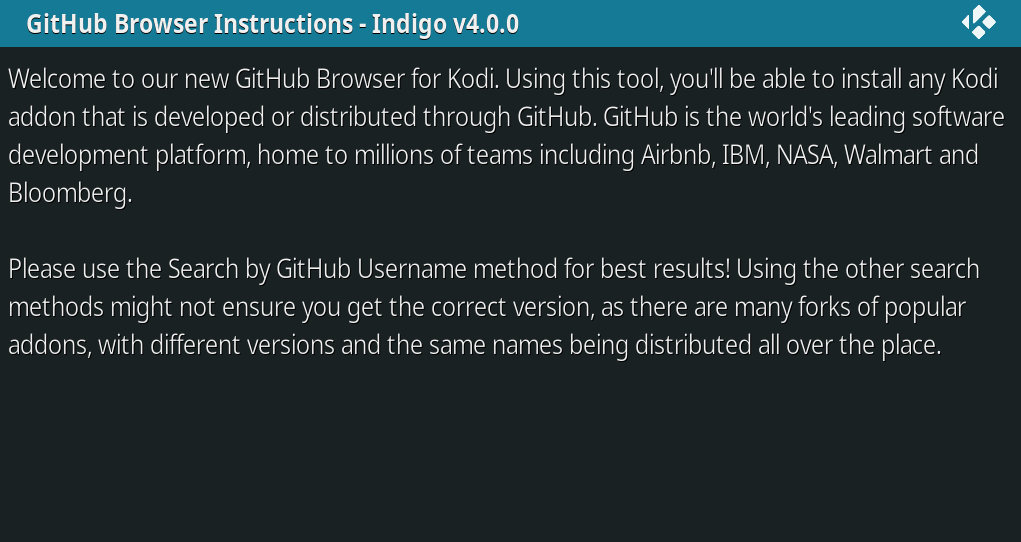Movie Industry Hides Anti-Piracy Messages in ‘Pirate’ Subtitles
jeudi 25 janvier 2018 à 09:09 Anti-piracy campaigns come in all shapes and sizes, from oppressive and scary to the optimistically educational. It is rare for any to be labeled ‘brilliant’ but a campaign just revealed in Belgium hits really close to the mark.
Anti-piracy campaigns come in all shapes and sizes, from oppressive and scary to the optimistically educational. It is rare for any to be labeled ‘brilliant’ but a campaign just revealed in Belgium hits really close to the mark.
According to an announcement by the Belgian Entertainment Association (BEA), Belgian Federation of Cinemas, together with film producers and distributors, cinemas and directors, a brand new campaign has been targeting those who download content from illegal sources. It is particularly innovative and manages to hit pirates in a way they can’t easily avoid.
Working on the premise that many locals download English language movies and then augment them with local language subtitles, a fiendish plot was hatched. Instead of a generic preaching video on YouTube or elsewhere, the movie companies decided to ‘infect’ pirate subtitles with messages of their own.
“Suddenly the story gets a surprising turn. With a playful wink it suddenly seems as if Samuel L. Jackson in The Hitman’s Bodyguard directly appeals to the illegal viewer and says that you should not download,” the group explains.

“I do not need any research to see that these are bad subtitles,” Jackson informs the viewer.
In another scene with Ryan Reynolds, Jackson notes that illegal downloading can have a negative effect on a person.

“And you wanted to become a policeman, until you started downloading,” he says.
The movie groups say that they also planted edited subtitles in The Bridge, with police officers in the show noting they’re on the trail of illegal downloaders. The movies Logan Lucky and The Foreigner got similar treatment.
It’s not clear on which sites these modified subtitles were distributed but according to the companies involved, they’ve been downloaded 10,000 times already.
“The viewer not only feels caught but immediately realizes that you do not necessarily get a real quality product through illegal sources,” the companies say.
The campaign is the work of advertising agency TBWA, which appropriately bills itself as the Disruption Company.
“We are not a traditional ad agency network — we are a radically open creative collective. We look at what everyone else is doing and strive to do something completely new,” the company says.
Coincidentally, the company refers to its staff as pirates who rewrite rules and have ideas to take on “conventionally-steered ships.”
“As creative director of communication agency TBWA, protecting creative work is very important to us,” says TBWA Creative Director Gert Pauwels. “That is precisely why we came up with the subtle prank to work together with the sector to tackle illegal downloading.”
Although framed as a joke, one which may even raise a wry smile and a nod of respect from some pirates, there’s an underlying serious message from the companies involved.
“Maybe many think that everything is possible on the internet and that downloading will remain without consequences,” says Pieter Swaelens, Managing Director of BEA. “That is not the case. Here too, many jobs are being challenged in Belgium and we have to tackle this behavior.”
It’s also worth noting that while this campaign is both innovative and light-hearted, at least one of the companies involved is also a supporter of much tougher action.
Dutch Filmworks recently obtained permission from the Dutch Data Authority to begin monitoring pirates. Once it has their IP addresses it will attempt to make contact, offering a cash settlement agreement to make a potential lawsuit disappear.
“We are pleased with the extra attention to the problem of downloading from illegal sources,” says René van Turnhout, COO Dutch FilmWorks. “Too many jobs in our sector have been lost. Moreover, piracy endangers the creativity and quality of the legal offer.”

Source: TF, for the latest info on copyright, file-sharing, torrent sites and more. We also have VPN discounts, offers and coupons



 Earlier this month, the Office of the US Trade Representative (USTR)
Earlier this month, the Office of the US Trade Representative (USTR)  The main Pirate Bay domain has been offline for nearly a day now.
The main Pirate Bay domain has been offline for nearly a day now.
 The North American Free Trade Agreement (
The North American Free Trade Agreement (